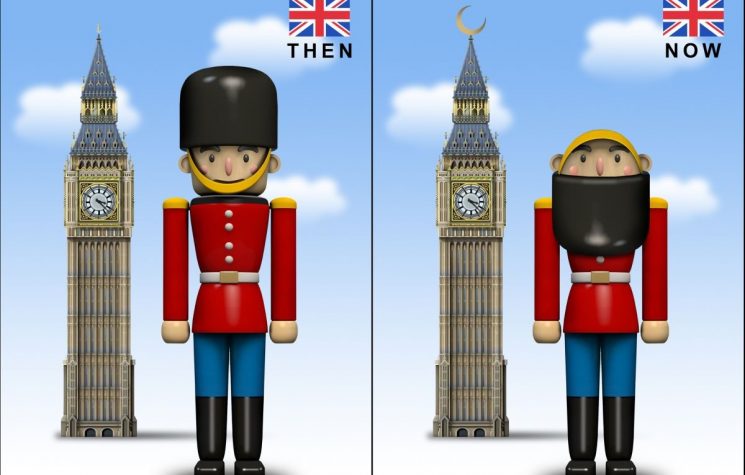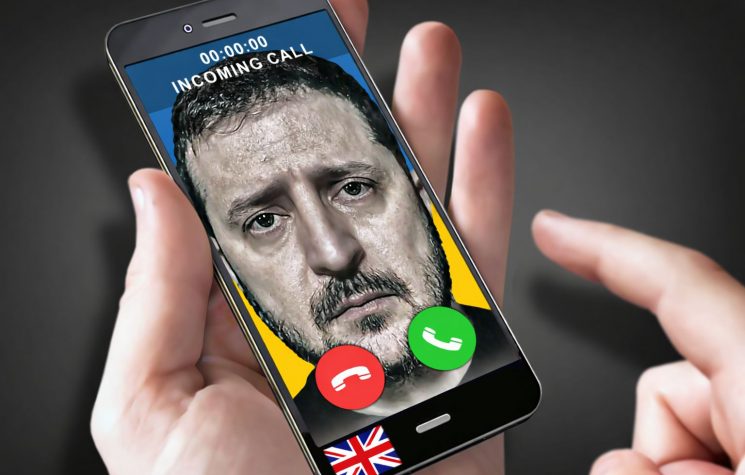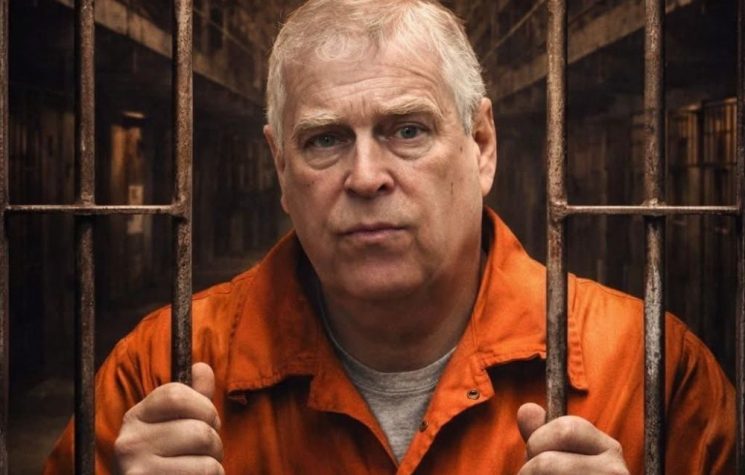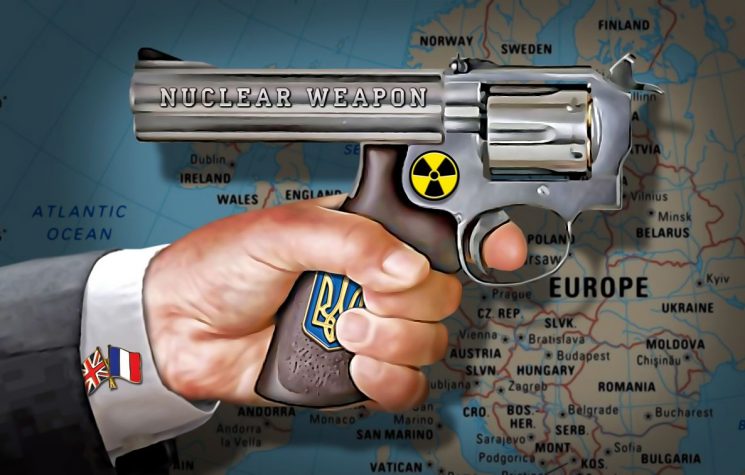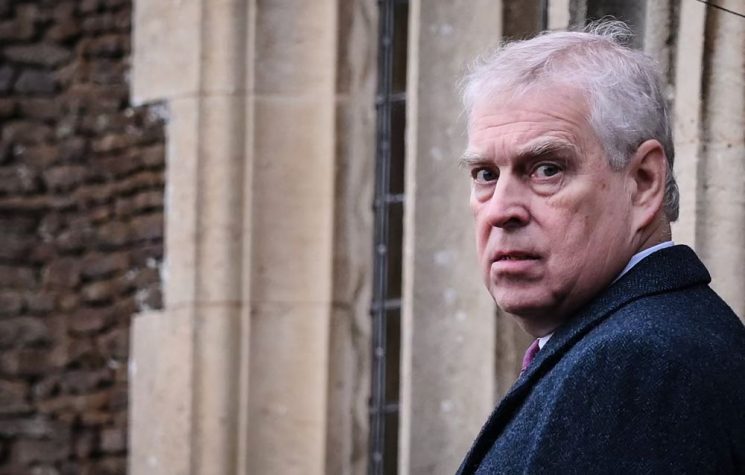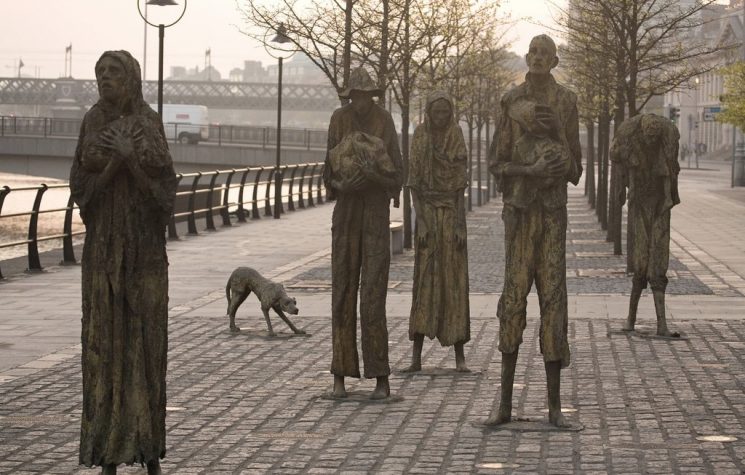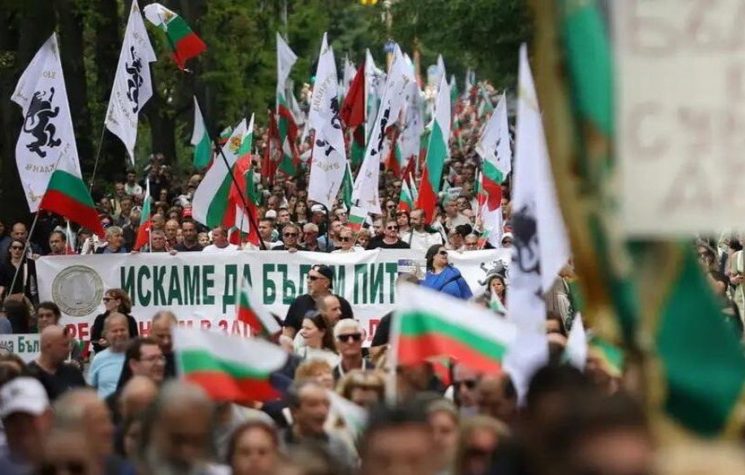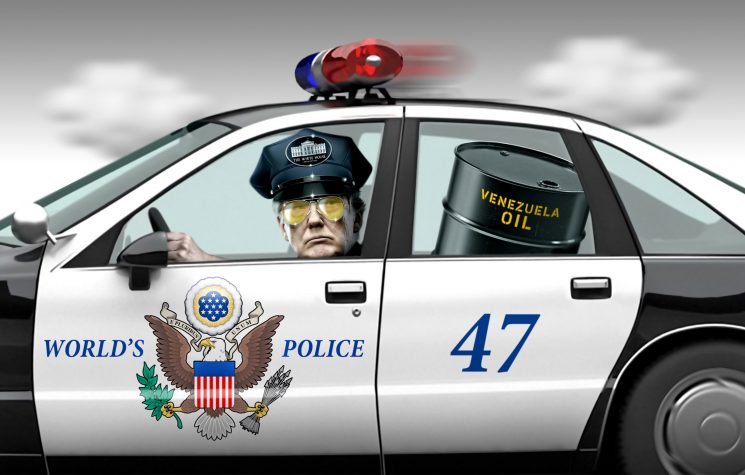Six weeks after Britain’s Chancellor of the Exchequer, Rachel Reeves made the announcement to means test winter fuel payments to the elderly, it’s the scandal that won’t go away.
Contact us: info@strategic-culture.su
The new UK Labour Government is managing a huge backlash, including from within its own party about the cutting of winter fuel payments for up to 10 million British pensioners. This will save £1.4bn per year. Instead of letting Britain’s pensioners freeze, the Government should cut weapon supplies to Ukraine and finally push for a negotiated settlement to this U.S.-inspired proxy war.
Six weeks after Britain’s Chancellor of the Exchequer, Rachel Reeves made the announcement to means test winter fuel payments to the elderly, it’s the scandal that won’t go away.
Ironically, the payment was introduced in 1997, in one of the first moves made by the last incoming Labour Government under Tony Blair. The payment helps old people cover the additional cost of heating their homes during the winter months, important this year ahead of a planned 10% rise in energy costs in October. A petition recently launched by charity Age UK has already secured 500,000 signatures of support in favour of keeping the allowance.
What this bungled policy reveals is the extent to which a new, inexperienced, government struggles to shift the leaden bureaucracy of the civil service. In their weekly Political Currency podcast, Ed Balls and George Osborne suggested Rachel Reeves, without ideas of her own, had picked winter-fuel payments off a list pre-cooked by Treasury Officials.
There are echoes here of why Margaret Thatcher was a fan of the Yes Minister satire. Witness Lucy Powell, the Labour Leader of the House of Commons saying in an interview to the BBC that ‘if we hadn’t taken that action [cutting winter fuel payments], we’d have seen a run on the pound, the economy crashing.’ In one imbecilic comment, she managed, remarkably, to appear thicker than Liz Truss. If the fictional Yes Minister Permanent Secretary Sir Humphrey Appleby were still alive, he would undoubtedly have approved.
The revolving door of Conservative ministers over the past ten years in particular has allowed officials to run amok with both spending and policy. Whitehall Officials hold the knowledge about the workings of government and dole it out sparingly to hapless ministers.
On 29 August, the Institute of Fiscal Studies pointed out that the Home Office had overspent on average £2.5bn per year on the Conservatives’ disastrous asylum policy. Or, put another way, that’s an increase of 2275%, from an original budget of £320m.
For years, the Ministry of Defence has been immune to efforts by the Public Accounts Committee and the National Audit Office both to control and to increase the transparency of its massive procurement budget. By the MoD’s own figures, costs have shot up by a staggering £65.7bn in recent years, and that’s the best case estimate. We pour billions into white elephant programmes that we simply don’t need – like the AUKUS submarine or the new U.S.-UK nuclear warhead (we already have 225 nukes, after all). This isn’t making the UK safer. It’s just making defence contractors fatter.
Of course, it is absolutely fair to say that Labour has inherited a mess from the Conservatives. But that mess included, in fact, a lack of grip over the Whitehall bureaucracy. Making pensioners freeze in January is an easier options than challenging the executive to come up with serious ideas for cost savings and seeking views from the public on the options available.
UK funding for the proxy war in Ukraine is the perfect example of this. Look through the press reporting of the winter fuel allowance scandal and you will find nothing on the vast cost of UK efforts to prop up the entirely avoidable U.S.-led proxy war against Russia, in Ukraine. There has been a press blackout on discussing whether we are getting any value for money from this.
Miraculously, the defence secretary found £196m out of his back pocket the other day to give Ukraine a new shipment of short range missiles. That brings total declared UK spending on the war in Ukraine to almost £13bn. This does not include the salaries of the thousands of people in the defence and intelligence spheres who work on the Russia / Ukraine issue around the clock, for example the 1050 MoD personnel in Operation Interflex, training the Ukrainian military.
The winter fuel payment cut is more than three times less than the £4bn plus we have provided to Ukraine each year, with no questions asked, since the war began.
Britain gets nothing out of this spending.
The proxy war isn’t making us safer. If it has proved anything, it’s that Russia does not have the appetite or energy to take on ten-times larger NATO.
Russia’s economy is doing well, despite the avalanche of sanctions, and Vladimir Putin appears both as strong as ever and in the rudeness of health.
At best, we have helped Ukraine fight Russia to a bloody standstill over the past three years. Russia has controlled 20% of Ukrainian territory since the middle of 2022. For the past two years, there has been little more than occasional gains on either side, including the recent Kursk offensive, which has ground to a halt.
When peace talks finally begin, Ukraine will only be able to count the cost in hundreds of thousands of people killed or injured, a country flattened by round-the-clock bombardment, and an economy in tatters with debts up to their eyeballs (yes, Ukraine is bankrolling the war with $40bn in yearly lending on top of western handouts).
The only beneficiaries of UK spending are the weapons’ manufacturers and the hard bitten security and intelligence types in the UK government, who need an enemy in Russia to justify their own bloated budgets.
Absent a direct Russian threat to UK national security, it cannot be right to prioritise open-ended weapons shipments to Ukraine over care for our own elderly. Keir Starmer keeps banging on about taking difficult decisions. Diplomacy always involves tough choices and compromise. He should seek to advance a negotiated end to this senseless war, cut the weapons’ shipments and keep British pensioners warm.











